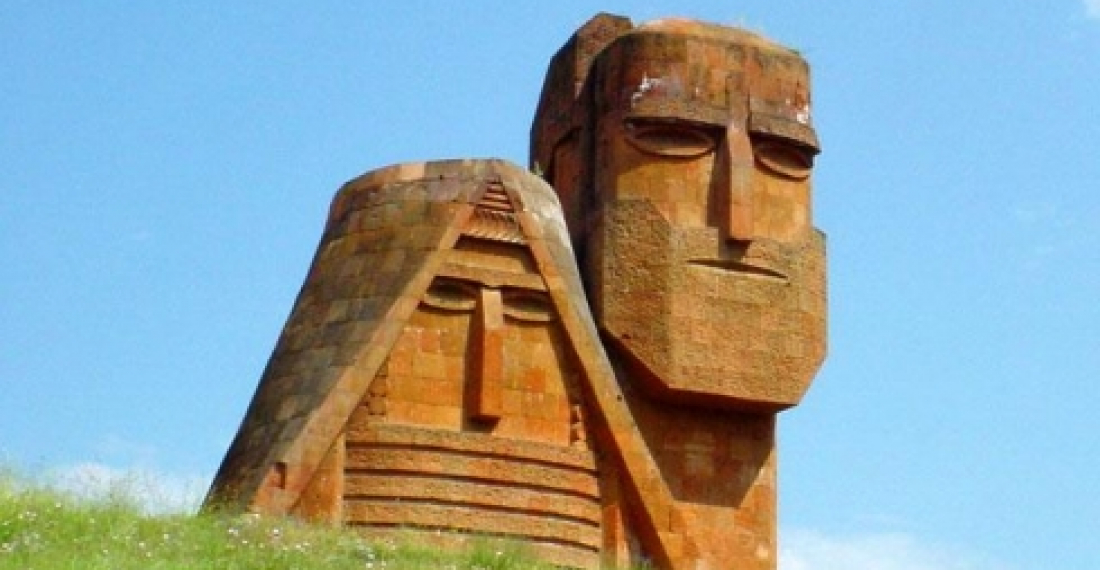Both Armenia and Azerbaijan are currently preoccupied with important events happening in May.
For Armenia it is the Parliamentary elections that many are describing as decisive for the future of the country. After the controversy and violence that followed the 2008 Presidential elections Armenia needs a good election both for internal and external reasons.
Whilst Armenians are voting the Azerbaijanis will be partying. The Eurovision Song Festival in Baku will be an opportunity for Azerbaijan to show itself to the world - a new country prosperous, sophisticated and confident.
These two events are keeping the two sides in the conflict over Nagorno-Karabakh busy and this creates an opportunity for diplomacy to play itself out. The co-chairs of the OSCE Minsk process visited the region a few days ago. They said very little, probably because they had little to say. The negotiations are stuck and the mediators cannot seem to find a way forward.
Speaking in Baku yesterday, Ali Hassanov, an official of the Azerbaijani Presidential administration who speaks for the government put the onus on Russia. “We hope that the newly-elected president of Russia will increase efforts towards the solution of the Nagorno Karabakh problem and make it more effective" he is reported as saying, adding that “If Russia doesn’t increase its efforts towards the solution to this conflict, no one of the international organizations, including OSCE, its Minsk Group or the UN, can reach serious progress in this field, because Russia has a great influence on Armenia.”
Russia alone however will not be able to solve this conflict in the same way that the conflict cannot be solved without Russia. Managing this quandry has been one of the challenges of the process. Russia needs to work with opther international partners to move the peace process forward.
The world should not become complacent as a result of the lull in tension in Karabakh this spring. After Armenia elects its parliament, and Baku has its festival, attention will inevitably return to the conflict. If the world wants to avoid a long hot summer in Karabakh it must not waste the time between now and then.
source: This commentary was prepared by the editorial team of commonspace.eu
photo: An Armenian Monument in Nagorno-Karabakh







